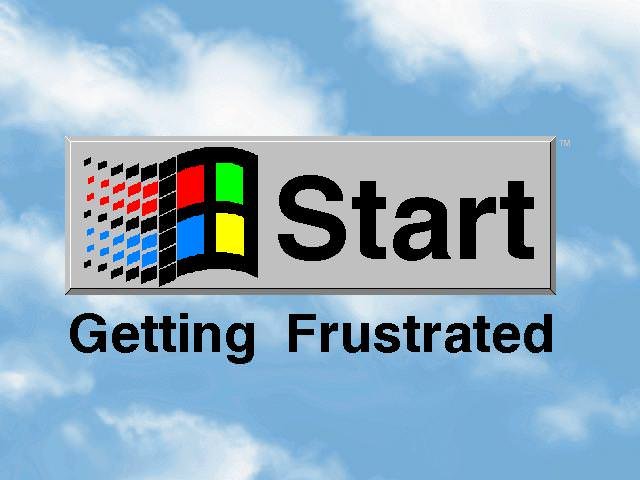When Microsoft announced that the Windows 10 will be released as free upgrade for one year, followed by panzurl! Various were heard, from Windows users who in their paranoia refused to believe the surprising statement. So we came across comments that portrayed the offer as an attempt by the company to trick people into installing the OS and then start asking for subscriptions. 
The "drama" could have been avoided with a simple explanation, but Microsoft needed several months to issue a statement clarifying the issue.
So far, there are comments that say Windows 10 is not really free and that users will have to pay for the operating system after the first year.
We will agree that it is not free because Microsoft collects everything from every PC running Windows 10.
But let's look at the next big news that seems to be making waves in the Media. Microsoft's new operating system license agreement (EULA) has acquired new terms. One of them states that Microsoft reserves the right to block fake (pirated) games and disable unauthorized material.
The new EULA became viral and many websites reported that Microsoft had added a Killswitch to Windows 10, which allows the company to block pirated games on systems running the new operating system.
Of course, all of this misunderstanding would not exist if Microsoft made a simple statement that clarified the issue.
But let's look at a third case, which appeared recently: Microsoft released the third cumulative update version of Windows 10. Unlike before, the company does not reveal in detail the changes that the update brings but bypasses it with an ambiguous “This update includes improvements to enhance the functionality of Windows 10.”
The Register reportedly sought to learn more about this issue, and the response it received from Microsoft was: no related KB articles will be published for all updates that will be delivered with the company's new OS distribution practice Windows as a service.
The answer, of course, does not reassure privacy concerns as well as business customers, especially if one thinks that one of these updates can break up a company's systems. Let's mention once again the incredible hunger of Windows 10 for telemetry data.
Hiding the content will bring more criticism to Microsoft, which does not seem to understand that what it says or does not say, should be analyzed in detail.
The company has often given rights to all "paranoia" heard and written. And there are some who are looking for the most negative interpretation.
The effect of "I don't like to say too much" leaves the negative comments spreading and the company doesn't seem to care so much.
Do you really wonder how could a company aim to make Windows 10 available to one billion unbundled devices? Why, of course, he has the right to make them available, but the rights also have obligations.
So any kind of criticism justified or not should be spelled out in press releases or in publications in a forum, because all of the above creates offenses.
Freeware could be a honeypot for telemetry data. Somewhere here we have to mention that Linux is also free, with open code that does not hide what developers write.
So if Microsoft wants to continue to have the distribution right, it must also meet its obligations towards the end user. Because of the above, apart from the fact that the company appears to have a communication problem, it has reversed the right-obligation to its benefit.
We have an obligation to provide our data to Microsoft and we have no right to know!
I personally do not bake me with a new Start Menu.





